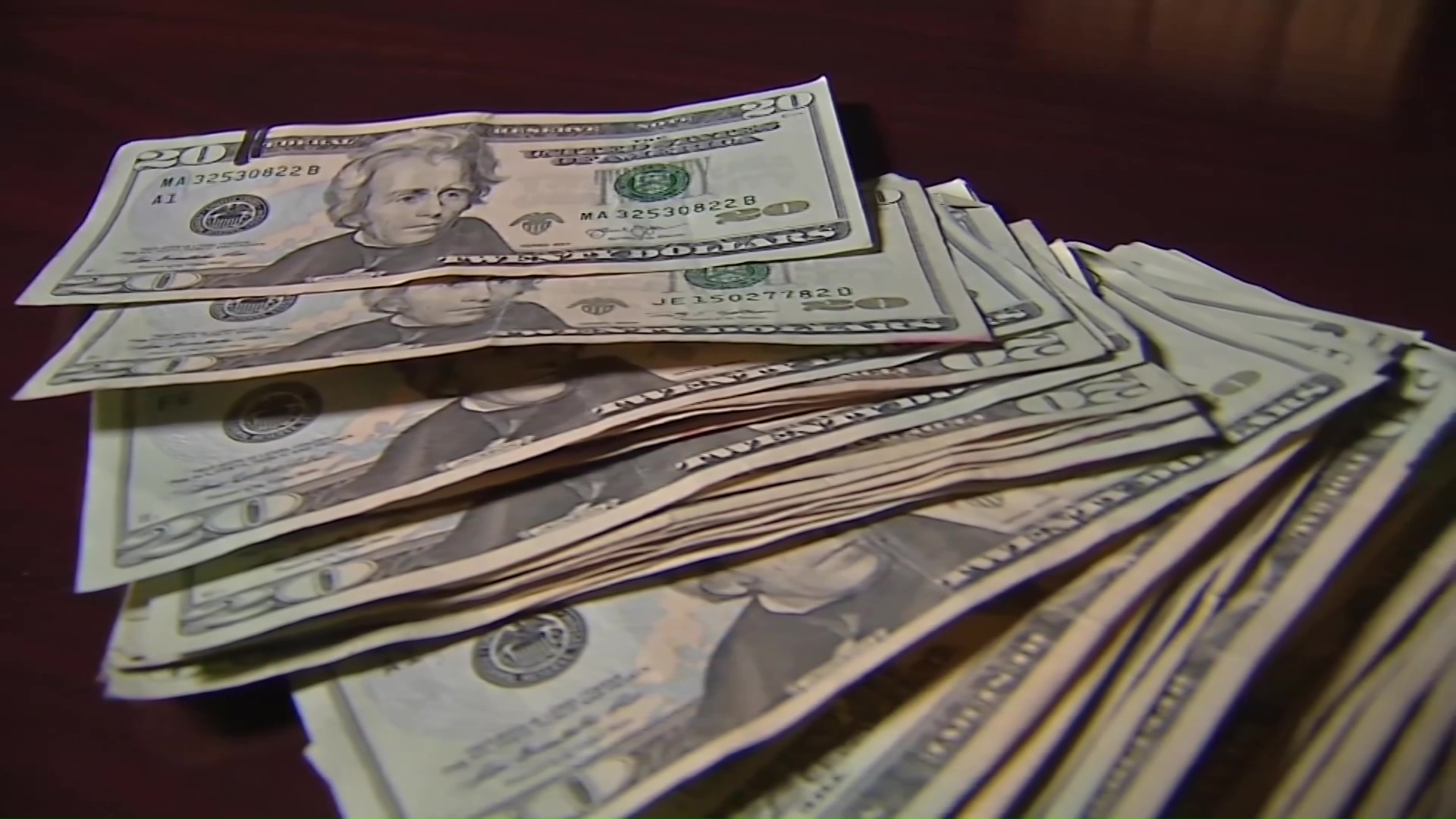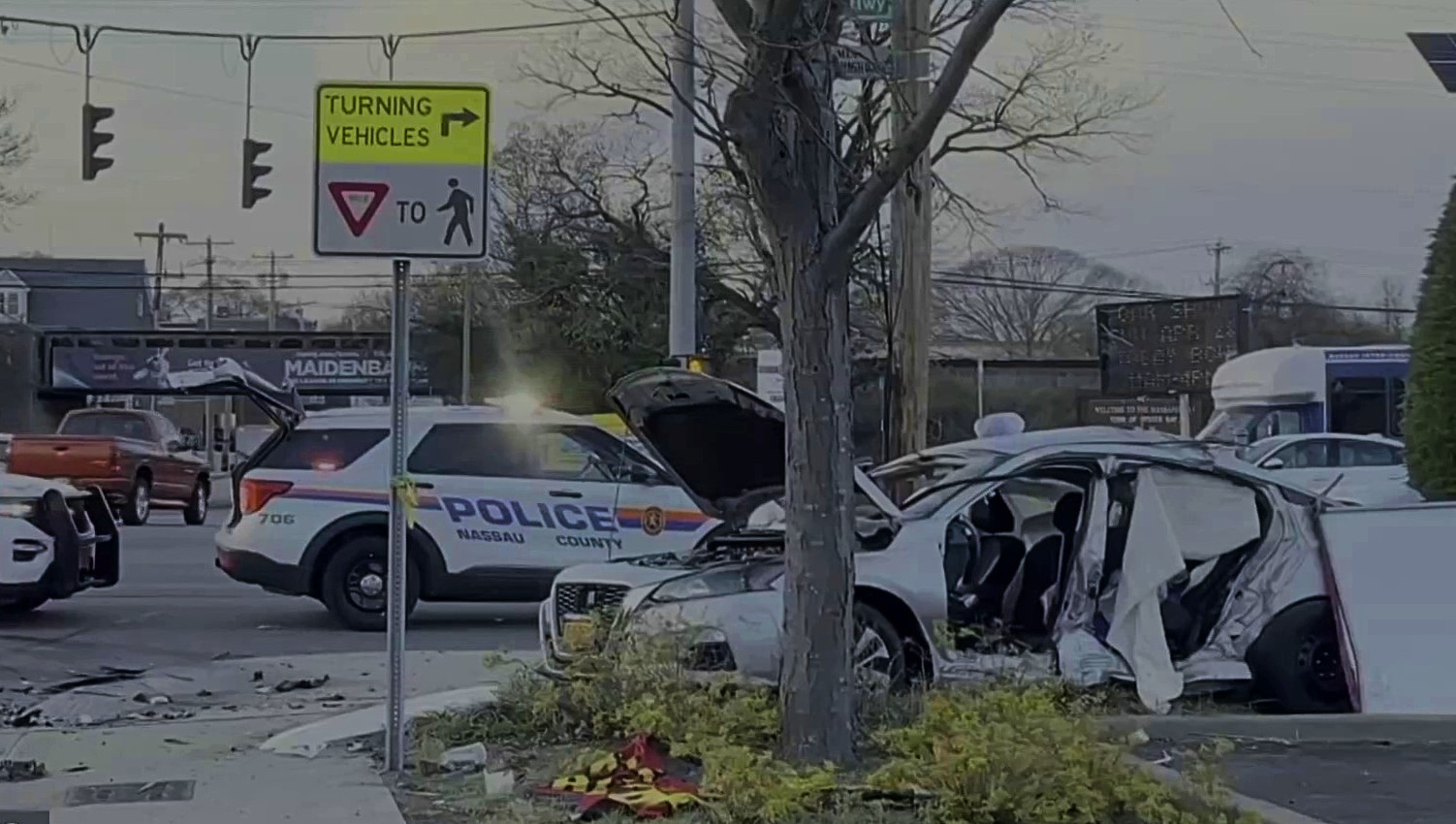Seven developmentally delayed residents of a Queens group home are mourning the death of their joyful, 56-year-old housemate who loved Barbie dolls.
The woman, identified by her first name Dulcette, is one of 156 disabled group home residents who have died after testing positive for COVID-19, according to the New York State Office for People With Developmental Disabilities, or OPWDD.
“One of the hardest things was explaining to them that this individual will not be coming home,” said Esan Torrington, facility manager for the John and Marie Bladt residence in Flushing, where Dulcette lived.
“They all broke down in tears. They don’t understand why her seat at the table is empty. We are a tight-knit family,” Torrington said.
Dulcette’s housemates are also grieving for a second family member, a beloved caregiver who died last week after working for 20 years in the Bladt residence. According to OPWDD, at least 1,007 disabled group home residents and 314 group home staff had tested positive as of April 10.
The high number of COVID-19 cases and deaths in group homes has made it difficult to maintain adequate staffing levels, according to several agencies with New York State contracts to care for disabled individuals in the five boroughs.
“It’s like a monkey on your shoulder. Are we safe? Are we healthy? Are we going to be okay?” asked Jennifer Natera, who manages the Armstrong Residence in Ozone Park for the agency AHCR. Natera says without the usual number of staff, it has been unusually challenging to care for seven autistic adults comprehend social distancing. “Ultimately, it comes down to relying on your staff. Those who have the guts and the passion.”
Local
Advocates for the developmentally disabled say the fact that their clients live in congregate residential settings and have underlying health conditions makes them exponentially more likely to get sick and die from the novel coronavirus.
In a letter to Governor Andrew Cuomo obtained by NBC New York, a coalition of agencies and advocacy groups pleaded for financial relief from the state. Some nonprofits say the pandemic has forced them to outspend their contracted budgets, on PPE and incentive pay for workers to stay on the job. Other agencies say despite the scary new risks, they cannot afford pay raises for their workers who earn as little as $15.75 an hour.
In a statement, OPWDD said "New York State recognizes that our essential direct care workforce is working incredibly hard to keep people safe,” adding that the Cuomo administration is in the process of offering either retainer payments or enhanced rates of about 12 percent to agencies that provide residential services.
But some programs tell NBC New York that operating during the pandemic is already costing more than 12 percent over their respective budgets, and they are unsure they will make ends meet.



